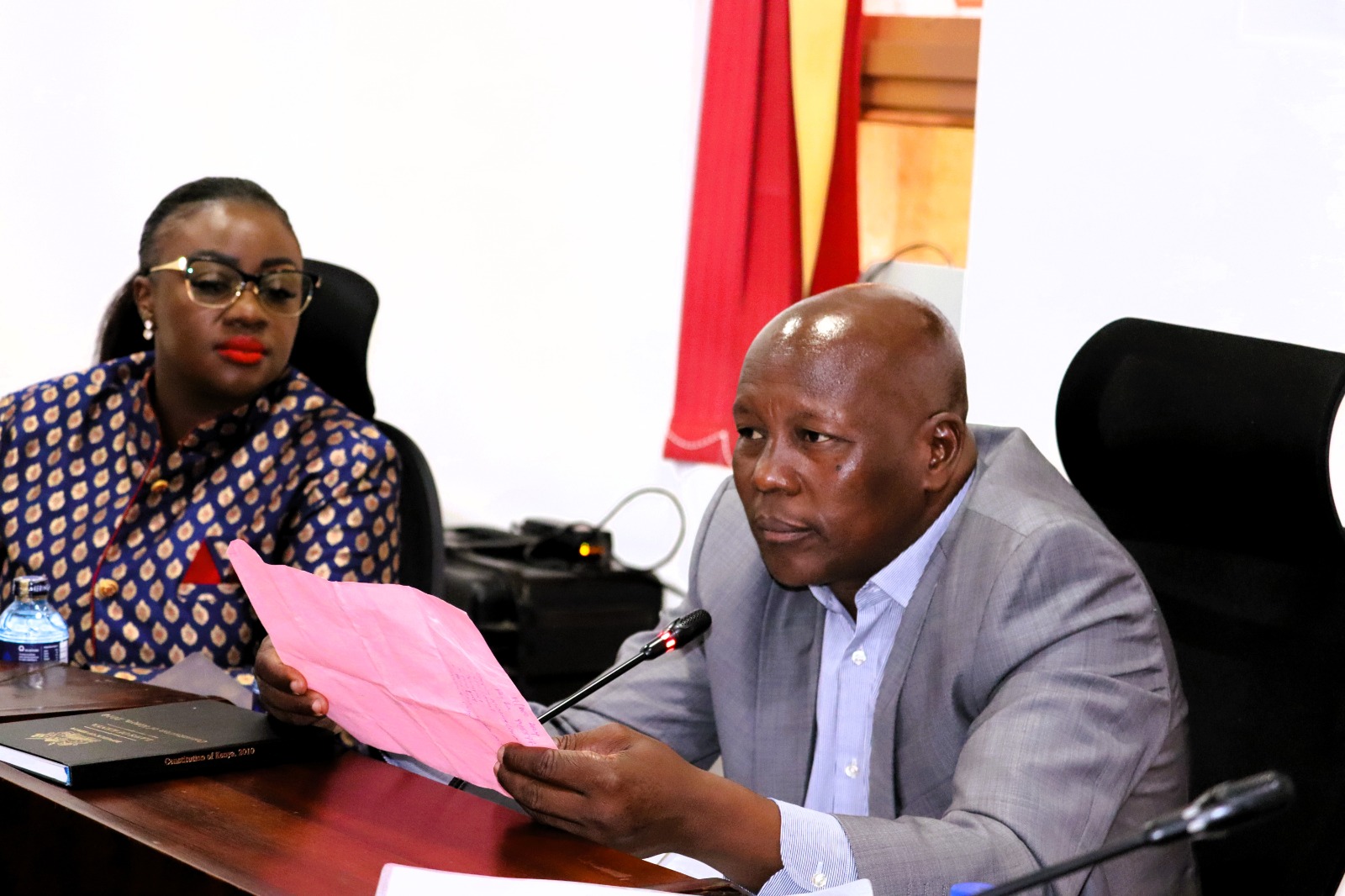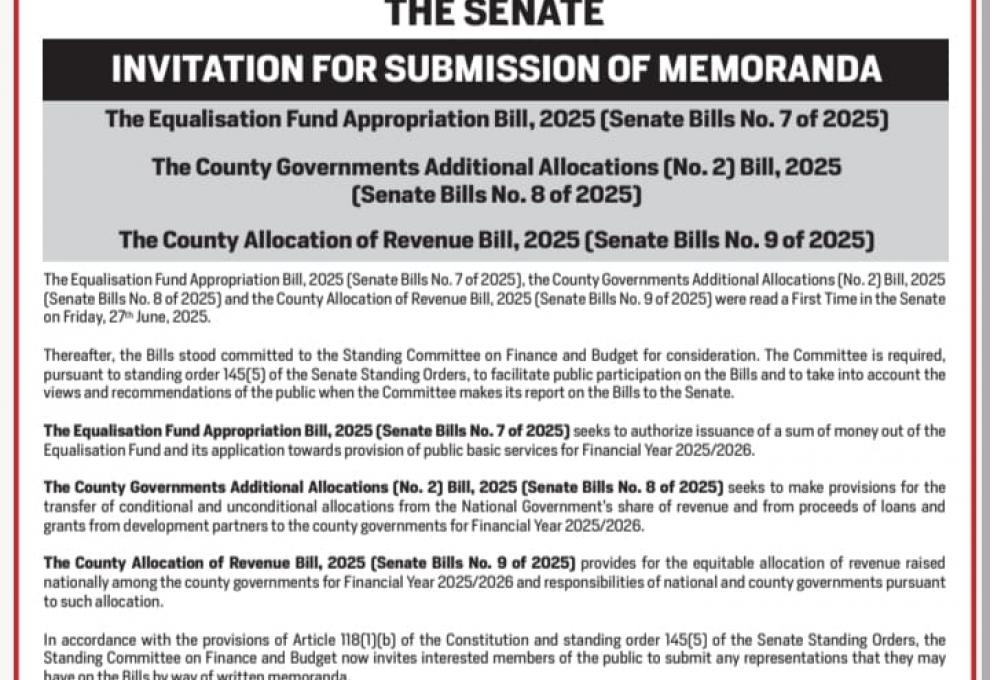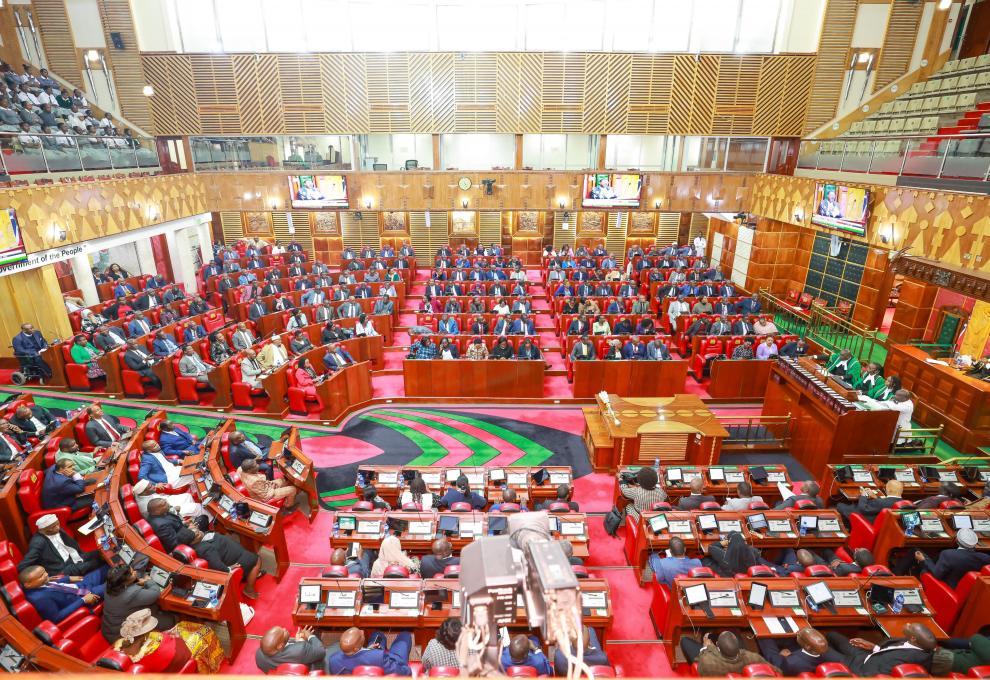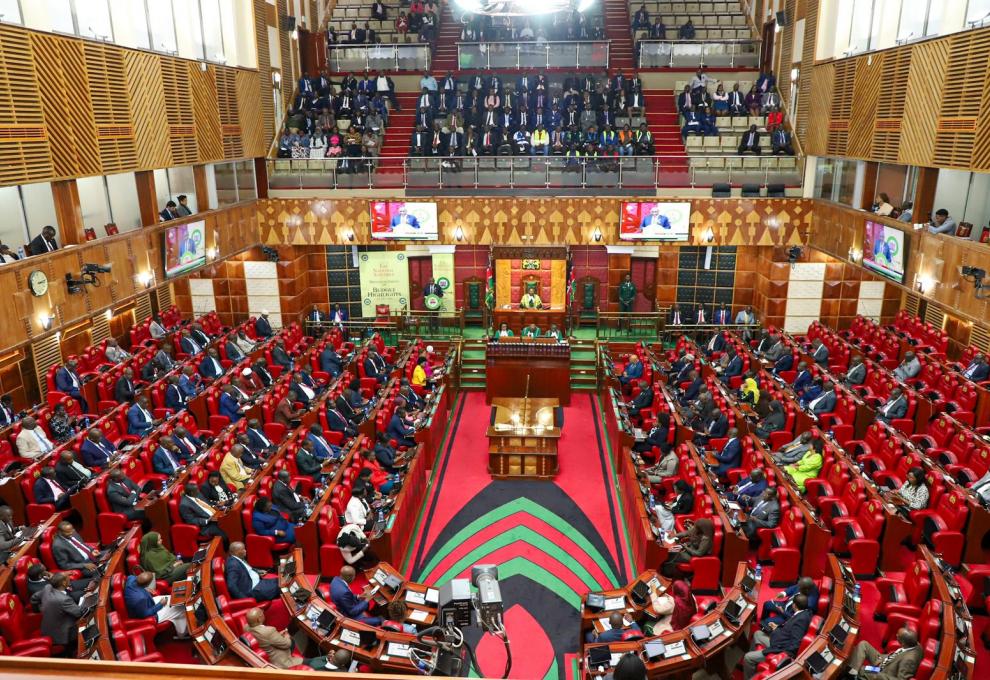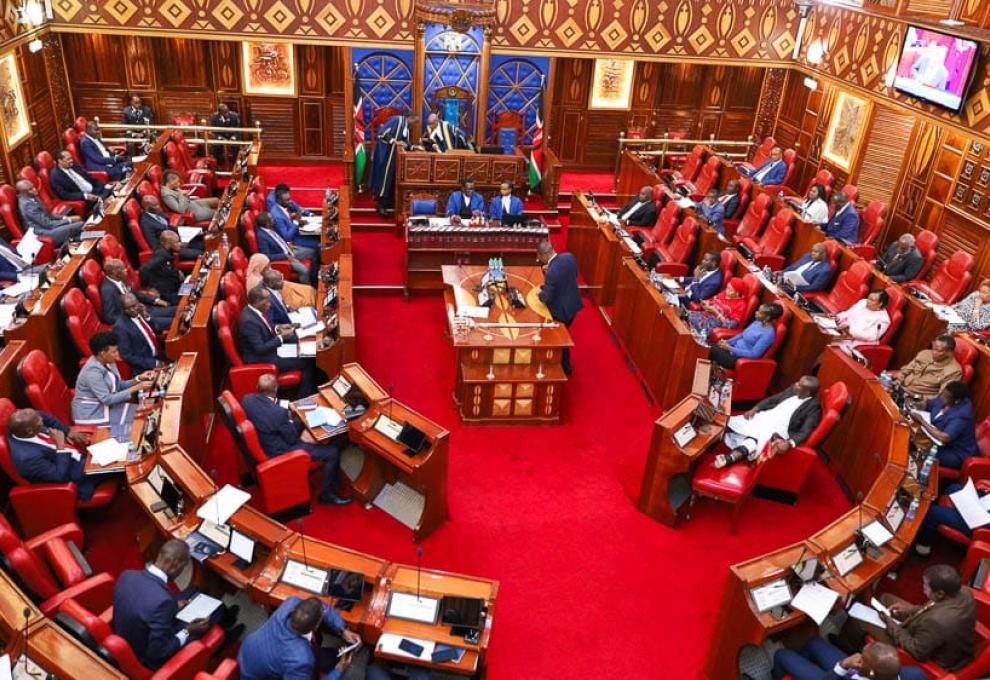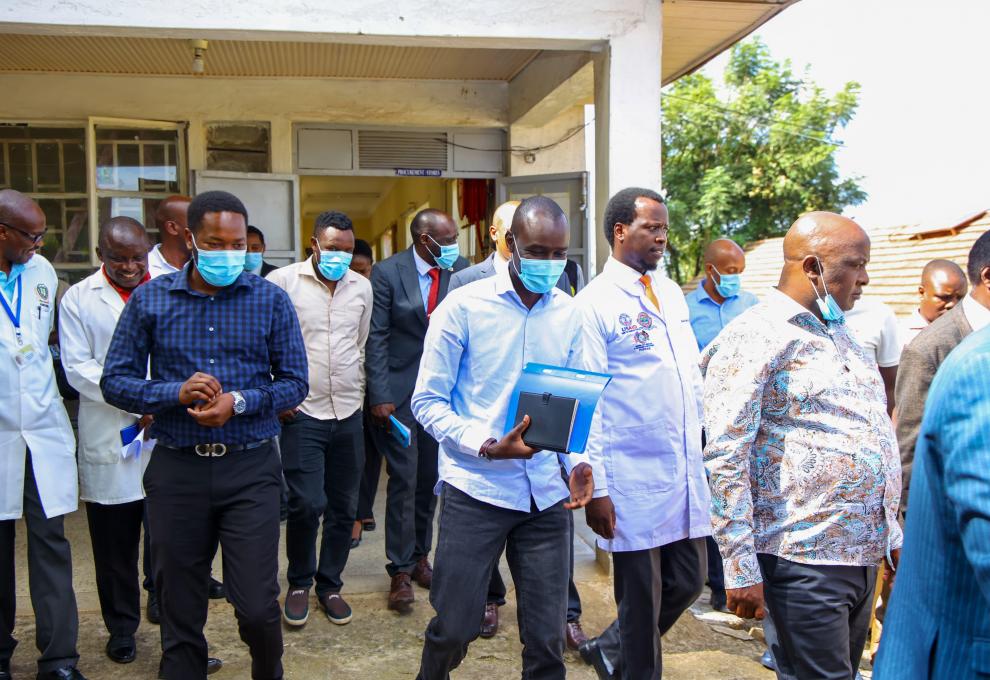𝐎𝐔𝐓𝐑𝐀𝐆𝐄 𝐀𝐒 𝐉𝐎𝐁𝐒𝐄𝐄𝐊𝐄𝐑𝐒 𝐑𝐄𝐂𝐎𝐔𝐍𝐓 𝐁𝐄𝐓𝐑𝐀𝐘𝐀𝐋 𝐈𝐍 𝐒𝐓𝐀𝐓𝐄-𝐋𝐄𝐃 𝐆𝐔𝐋𝐅 𝐄𝐌𝐏𝐋𝐎𝐘𝐌𝐄𝐍𝐓 𝐃𝐑𝐈𝐕𝐄
In December 2024, optimism filled the air at Kabete National Polytechnic and KICC, where hundreds of jobseekers gathered, hoping to secure life-changing jobs abroad. They had responded to calls for recruitment under the Diaspora Jobs Programme, a flagship initiative of the Ministry of Labour and Social Protection and the National Employment Authority (NEA).
But just months later, those dreams have crumbled into despair. On Monday, the Senate Committee on Labour and Social Welfare, presided over by Ag Chair Seki Lenku Ole Kanar (Kajiado), heard testimony after heartbreaking testimony from individuals who said they had been promised employment in the Gulf, only to find themselves stranded, out of pocket, and with little recourse.
The session was part of an inquiry triggered by a Statement Request by Senator Gloria Orwoba earlier this month, which exposed the troubling experiences of many candidates selected at Kabete Polytechnic.
The victims’ accounts bore striking similarities. John Mwangi, a scaffolder from Kiambu County and Calvin Nyamweya, a casual labourer from Kisii County were among those who narrated how, after interviews, they were informed of their successful applications and instructed to pay KES 15,000 for medical examinations. Candidates were also required to surrender their passports to agents operating on-site.
Within days of the successful interview, Godfrey Githae was contacted and directed to Room 109 at Kenyatta International Convention Centre (KICC) to sign an Offer Letter. However, he says those like him who signed were not given copies of the documents and it was there that payment demands were made.
“Unlike others, I had not been requested to pay any fees at Kabete," said Githae, who had secured a carpenter position in Iraq. "But when I went to KICC, I was told to pay a total of KES 55,000. The KES 15,000 was for medicals, which I borrowed from my wife and the additional KES 40,000, borrowed from my aunt-in-law, was supposedly for visa and attestation, among other expenses.”
Some like Fredrick Keene, who paid in cash, were never contacted again. Others, the Committee heard, paid through official-sounding channels: the initial KES 15,000 often via a Safaricom Paybill registered to Monisa Company Ltd and sums of KES 40,000 via bank deposits to Kenya Commercial Bank (KCB).
Sen Orwoba pressed witnesses for clarity on the modes of payment, seeking to piece together how funds were collected under the guise of a government-supported programme. Her concerns were echoed by Sen Miraj Abdullahi, who sharply questioned why any payments were demanded at all.
“This was a government programme. Why were Kenyans asked to pay such fees?” she asked, visibly agitated. She recalled a damning Senate report on First Choice Recruitment that recommended disbanding NEA, lamenting, “It is unfortunate that the recommendations of our report calling for the disbandment of the agency have not been implemented, exposing Kenyans to these challenges.”
In a particularly revealing moment during the sitting, Sen Orwoba disclosed that her efforts to seek justice for the victims have led to significant pushback. Eight companies, she said, have now come together to sue her for defamation. In a further twist, she revealed that the Cabinet Secretary for Labour had sworn an affidavit stating he was unaware of any Kenyans having been swindled and that those who had made payments to agencies had allegedly received refunds.
These claims stood in stark contrast to the testimony heard by the Committee. While some victims, particularly from Bobasi Constituency, reported receiving partial refunds of KES 10,000, this appeared to be the exception rather than the rule.
Sen Orwoba recounted her personal intervention after learning that some recruits from Bobasi had found job adverts through her office’s partnership with NEA.
“When their money was taken and nothing was moving, I called the Director General of NEA and the CS Alfred Mutua to intervene,” she explained.
Yet the refund process raised even more questions. According to the testimonies, refunds were being made not through Monisa Company Ltd, where the initial payments were directed, but via MPESA transfers from an individual named Ikusya Kaloki. Sen Alexander Mundigi (Embu) called for a detailed tracing of the money trail, demanding names and phone numbers and that they be held accountable.
“We must follow the money,” Sen Mundigi insisted. “We need to know exactly who is refunding, why it's not the original Paybill and where the funds have gone.”
In the midst of the frustration, Ag Chair Sen Seki Lenku offered a measure of reassurance.
“This Committee will pursue this matter to its logical conclusion. We will not rest until justice is served,” he said, announcing that the Committee will meet with CS Ministry of Labour and NEA leadership later this week as the inquiry gathers momentum.



